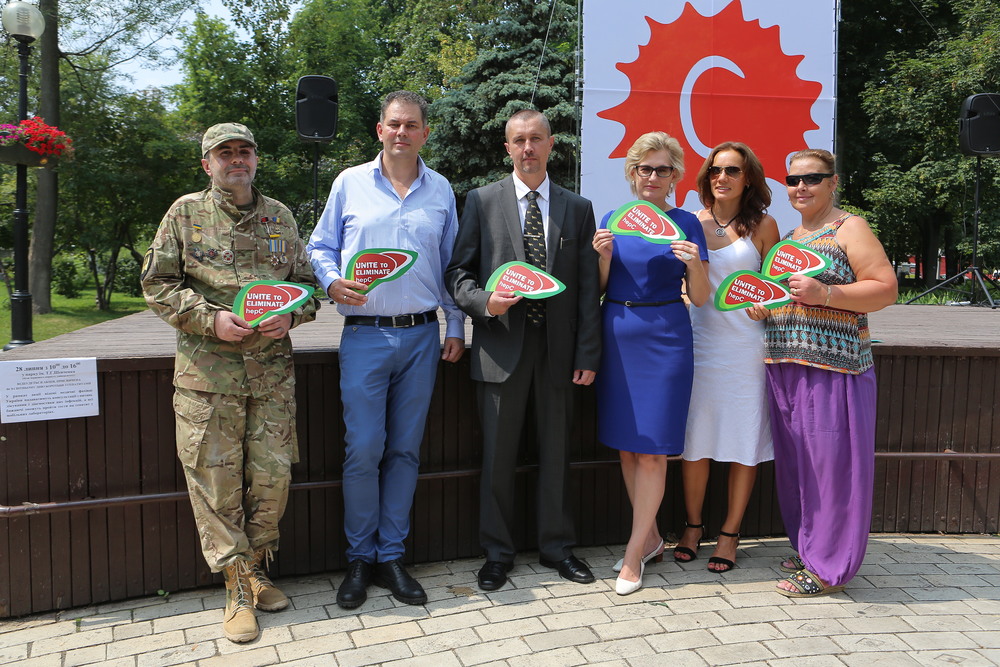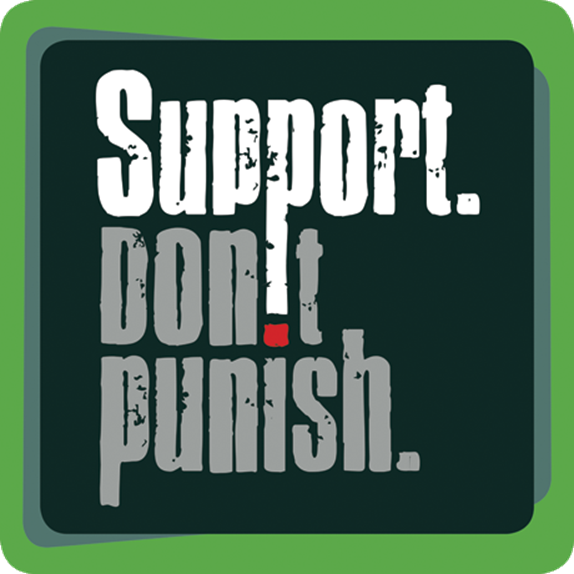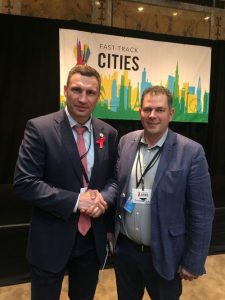On July 25-29, 2016 the Alliance for Public Health (METIDA project) in collaboration with the State Institution “Ukrainian Centre of Socially Dangerous Disease Control of Ministry of Health of Ukraine” carried out the International Summer HIV Modelling School in Odessa. This event was a unique opportunity to meet the highest level national and international experts on HIV modelling. During the meeting were discussed algorithms of HIV/AIDS epidemic projections in four major modelling tools: SPECTRUM, AEM (AIDS Epidemic Model), Optima and ECDC HIV modelling tool.
The international trainers of summer school were:
• Ard van Sighem, PhD, developer of ECDC HIV modelling tool, Senior Researcher at Stitching HIV Monitoring Foundation (Netherlands)
• Wiwat Peerapatanapokin, East-West Center / Thai Red Cross Society Collaboration on HIV / AIDS Modelling, one of the developers of AEM, international expert in SPECTRUM (Thailand)
• Clemens Johannes Benedikt, The World Bank, modelling consultant at Optima (Austria)
The following representatives of national partner organizations working on HIV in Ukraine participated in the International Summer HIV Modelling School: CDC, UNODC, UNAIDS, The World Bank, State Organization “Institute for Economics and Modelling, Ukrainian National Academy of Sciences”, State Organization “Institute of Epidemiology and Infectious Diseases named after L. Gromashevskyi of the National Academy of Medical Sciences of Ukraine”, regionals AIDS centers and other national partners.
During the event all the participants developed projections in different modellingtools, compared the projections with each other and concluded the further steps in HIV modelling at the national and regional levels, first of all, to identify and approve the data about PLHIV size estimation and key groups, main epidemic indicators (incidence, prevalence, mortality) among the general population and key groups.











 On June 7th Andriy Klepikov presented at the High-Level Meeting Side Event “Action on Extreme Poverty and Inequality to End AIDS: Addressing HIV, Poverty, and Inequality in Urban Settings to End AIDS.”
On June 7th Andriy Klepikov presented at the High-Level Meeting Side Event “Action on Extreme Poverty and Inequality to End AIDS: Addressing HIV, Poverty, and Inequality in Urban Settings to End AIDS.”